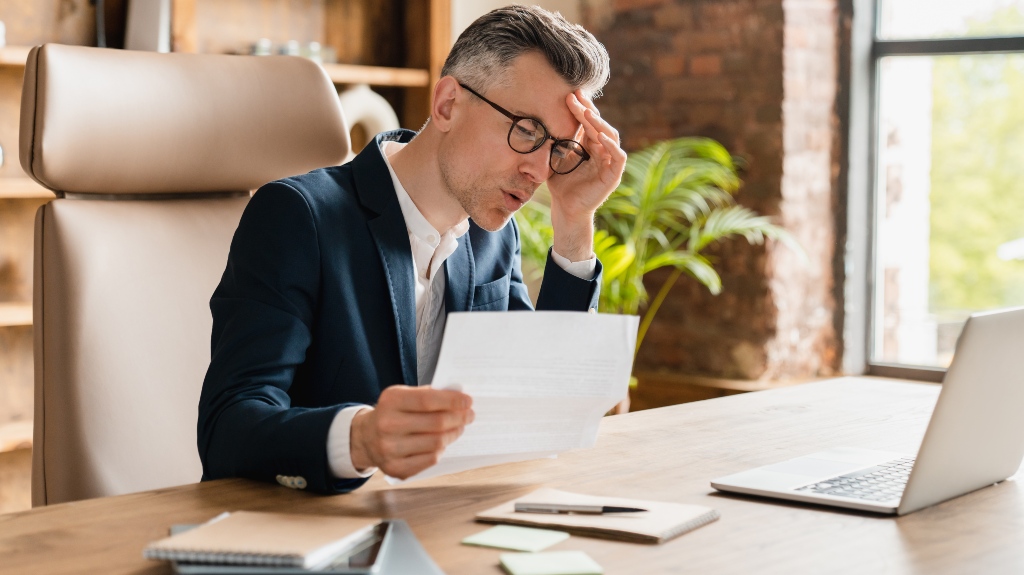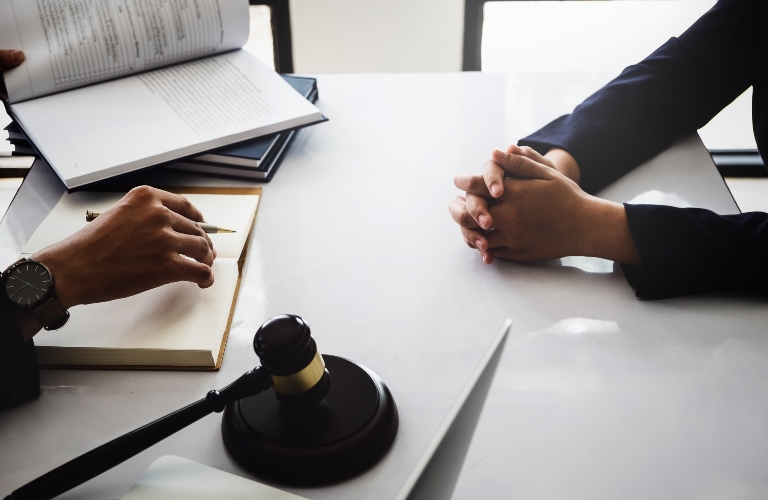
Filing for bankruptcy doesn’t always mean a business will close – and it doesn’t mean all debts go away. Many companies and sole proprietorships resort to bankruptcy to reorganize while working to stay afloat. Discharging debt is a part of bankruptcy that allows a business to recover and keep moving forward.
Read on to find out what kind of debts are discharged or nullified, and which are not.
Nearly 10,000 Wisconsin businesses filed Chapter 11 bankruptcy each month in 2025. The process creates repayment plans that renegotiate their relationships with creditors who may provide materials, operating capital, vehicle loans, or equipment.
Small businesses that qualify may file under special subcategories of Chapter 11 for a streamlined process and quicker relief.
Debts Discharged by Chapter 11 Bankruptcy
Business debt is either secured by collateral or based on credit unsecured. Unsecured debt is the most likely to be discharged. This can include:
- Business loans.
- Credit card debt.
- Utilities.
- Real estate transaction fees.
- Lines of credit.
- Fees for business vehicle leases.
Types of debt that are not discharged by Chapter 11 bankruptcy include:
- Most taxes.
- Child support, alimony, and other probate or family court judgements.
- Payments, such as restitution, ordered by a court for malicious acts or fraud.
- Student loans.
- Debts not listed in the initial bankruptcy petition.
Steps in Chapter 11 Bankruptcy
Bankruptcy is a process of federal courts that is administered locally. Chapter 11 is most often associated with business bankruptcy but may apply to individuals as well. Note that discharging debt through bankruptcy is only possible once every eight years.
- Upon filing for Chapter 11 bankruptcy, the petitioner accounts for all income, assets, and debts, which are considered by the presiding judge. Those incorporated as Limited Liability Corporations (LLC) or S corporations may shield personal assets from the reach of creditors. Under Chapter 11, debt is restructured and fewer assets are potentially liquidated than under other forms of bankruptcy. For individuals, exempted assets include retirement accounts and a primary residence, as well as necessary vehicles and some cash.
- Upon filing, an automatic stay is issued that prevents creditors from demanding payment for a specified period.
- Creditors are invited to speak at a meeting called by the court, usually within 120 days of filing. A repayment plan is created that takes into consideration the company’s assets and ability to pay. Unsecured debts, such as to credit card companies, may be written off (discharged) as unpayable. Secured debts, including those with collateral attached (which can be business equipment, machinery, or vehicles) are subject to negotiation. Bankruptcy officials and attorneys may work out an agreement for partial payments or a reduction in the amount due.
Under Chapter 11, a trustee may be appointed to oversee the process, particularly if liquidation of assets is involved. The restructuring and repayment process can take up to five years. Specific rules apply to the petitioner’s business practices during this period, including a requirement that they have the court’s approval before hiring professionals like accountants, realtors, attorneys, or other advisors.
Results of Chapter 11 Bankruptcy
Chapter 11 bankruptcy is designed to allow a business to continue operating through negotiated debt reduction and planned repayment. If the petitioner recovers financially and is able to accelerate payments, the planned timeframe may be reduced. This is called discharge, and it shows the successful completion of all requirements of bankruptcy.

Chapter 11 cases may be dismissed as well. Dismissal most often happen when:
- The petitioner does not comply with the court’s rules and deadlines. This is usually done “without prejudice,” meaning that the petitioner may refile, starting the process over again.
- A petitioner is found to fraudulently represent their income, assets, or payments. Under these circumstances, their bankruptcy may be dismissed with prejudice, meaning they may not renew their petition for bankruptcy.
If the petitioner is unable to keep up with court-ordered payments and other provisions under Chapter 11, the case may be converted to a Chapter 7 bankruptcy, which requires liquidation of assets. Converting from one classification to another may be made voluntarily by the petitioner or involuntarily by one of the petitioner’s creditors. In the latter situation the creditor must argue successfully that Chapter 11 is not steering the business to solvency or that the petitioner is using Chapter 11 to hold off creditors.
Implications of bankruptcy include:
- an inability to qualify for loans for personal or business use,
- poor credit score for a period of years, and
- payments to the bankruptcy court can be onerous.
Learn More About Bankruptcy
To make a successful bankruptcy filing, legal help is usually necessary. The attorneys at Kerkman & Dunn have assisted dozens of businesses in navigating the complex requirements of Chapter 11. Contact our team today to speak with a Wisconsin business bankruptcy attorney.


